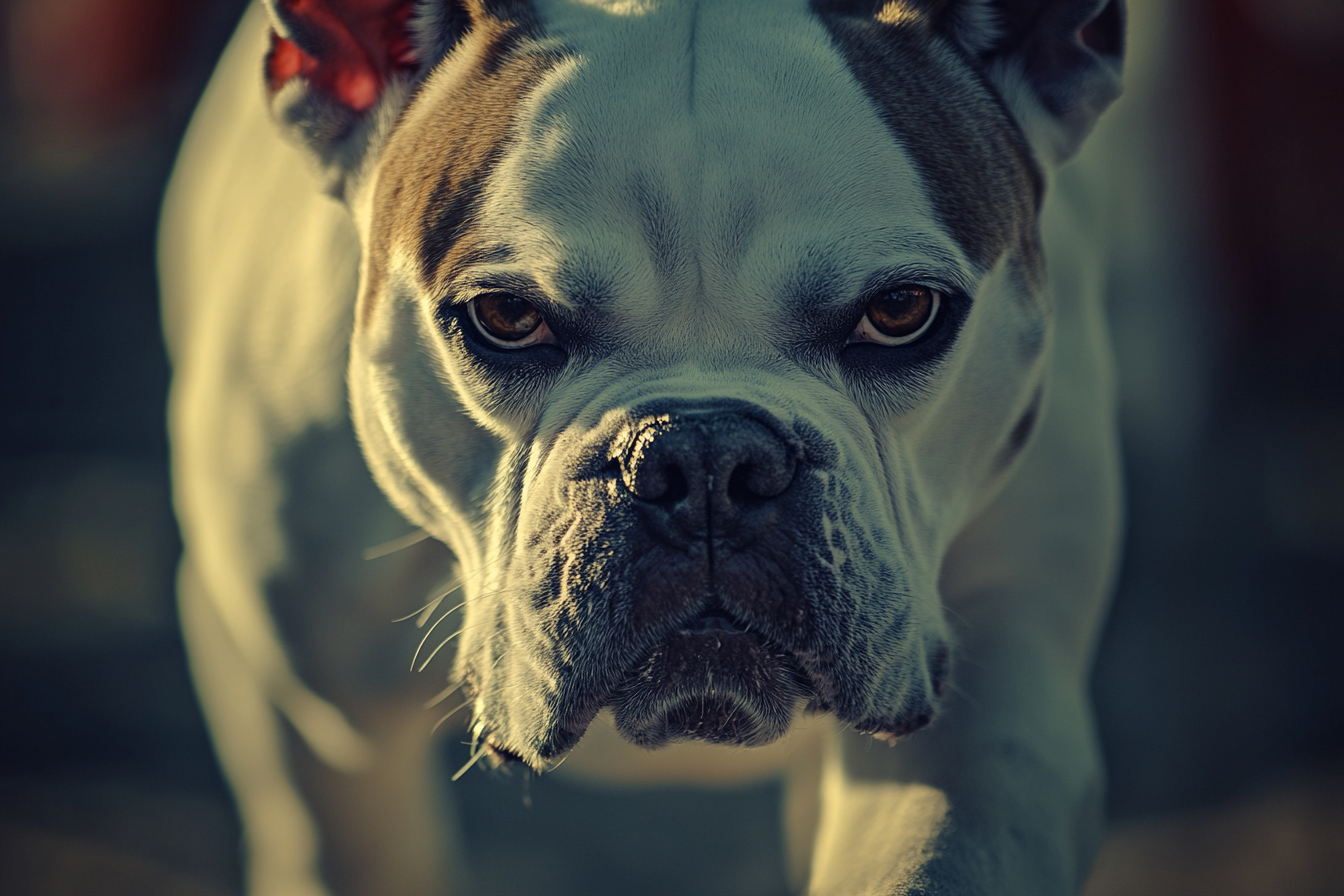Who is Responsible in a Dog Attack Case?
As Seen In:





GET A FREE CONSULTATION
PRACTICE AREAS
RECENT RESULTS



Dog attacks are distressingly common and can lead to serious injuries. In New Jersey, the law seeks to protect victims by holding dog owners responsible for injuries caused by their pets under most circumstances. However, understanding who is liable in dog attack cases can be complex. Various factors, such as the location of the attack, the dog’s history, and the behavior of the victim at the time of the attack, can impact liability. This article will review New Jersey’s dog bite laws and discuss the circumstances that establish or limit liability for dog owners and potentially other parties.
New Jersey’s Strict Liability Statute
New Jersey has a strict liability statute regarding dog bites, codified in N.J.S.A. 4:19-16. Under this statute, a dog owner is liable for injuries caused by their dog, regardless of the dog’s prior behavior or the owner’s awareness of any previous aggression. This law differs significantly from “one-bite” rules in other states, where owners are only held liable if they knew or should have known of their dog’s tendency to bite. The key points of New Jersey’s strict liability law include:
Liability in Public and Private Spaces: Dog owners are liable if their dog attacks someone in a public place or when the victim is legally on private property, including the owner’s property. For example, mail carriers, delivery workers, and invited guests are covered under this statute.
No Need for Prior Knowledge: New Jersey law does not require that the dog has a history of aggression. Even if it is the first time the dog has attacked, the owner is responsible. By holding owners to strict liability, New Jersey law minimizes arguments about the dog’s history, focusing instead on the harm caused and the location of the attack.

Defenses to Liability Under New Jersey Law
While New Jersey’s strict liability law is clear, there are defenses that owners may raise. Two primary defenses can reduce or eliminate the owner’s liability:
Trespassing: If the victim was trespassing on private property when the attack occurred, the owner may not be liable. Trespassing removes the victim from the protections offered by the strict liability statute, as they are not legally on the property.
Provocation: Another possible defense is that the victim provoked the dog, leading to the attack. Provocation can include actions such as hitting, teasing, or otherwise inciting the dog to become aggressive. Courts will examine whether the dog’s reaction was directly caused by the victim’s actions and whether a reasonable person could have anticipated the response. It is essential for victims to understand these defenses, as they may impact the outcome of a claim. While not every defense will apply to each case, owners often rely on these arguments to reduce or avoid liability.
Other Potentially Liable Parties in Dog Attack Cases
Although dog owners are typically the primary responsible party, there are situations where additional parties might share liability. This consideration becomes particularly relevant in cases where negligence by a third party may have contributed to the incident. Possible scenarios include:
Landlords or Property Managers: If a landlord allows a tenant to keep a dangerous dog despite knowledge of previous attacks, they might share liability. However, New Jersey courts typically require evidence that the landlord knew of the dog’s aggression and had the ability to prevent the attack.
Dog Sitters or Caretakers: Temporary caretakers of the dog, such as dog sitters or walkers, may be liable if they were negligent in handling or restraining the dog. This liability depends on whether the caretaker acted unreasonably under the circumstances, such as by failing to leash the dog in a public area.
Animal Control Violations: Some municipalities impose strict rules regarding dog confinement and leash laws. Violating these regulations can lead to negligence claims against the owner, especially if the attack could have been prevented by adhering to local ordinances. For instance, if a dog is off-leash in a park where leashes are mandated, the owner’s violation of local law may strengthen the victim’s case for compensation. Understanding which parties may be liable and the specific circumstances of each case helps establish a solid foundation for legal action, particularly in more complex dog attack cases.
Damages Recoverable in Dog Attack Cases
Victims of dog attacks in New Jersey can pursue a range of damages to cover the physical, emotional, and financial impacts of the attack. Potential damages include:
Medical Expenses: Covers the costs of emergency treatment, surgeries, rehabilitation, and any future medical care resulting from the attack.
Lost Wages: Victims can seek compensation for wages lost due to missed work or diminished earning capacity following the injury.
Pain and Suffering: Courts may award damages for the physical pain and emotional trauma endured due to the attack, particularly in cases where permanent scarring or psychological effects like post-traumatic stress disorder (PTSD) are involved.
Property Damage: If the attack resulted in damage to the victim’s belongings (such as torn clothing or broken devices), they might be eligible for reimbursement. Each case is unique, and the amount of compensation will vary based on the severity of the injuries and the case’s specific facts.
Conclusion
In New Jersey, dog owners are held to strict liability for dog attacks, ensuring that victims have a clear path to recover damages. While certain defenses, like trespassing or provocation, can impact liability, the law generally favors the victim’s right to compensation. Other parties may also bear responsibility in certain circumstances, including landlords or caretakers, depending on their knowledge of the dog’s tendencies and actions. Victims of dog attacks should consult with an experienced personal injury attorney to evaluate the circumstances of their case and build a strong claim for damages. By understanding liability and their legal rights, victims can make informed decisions and pursue fair compensation for the harm they have suffered.
